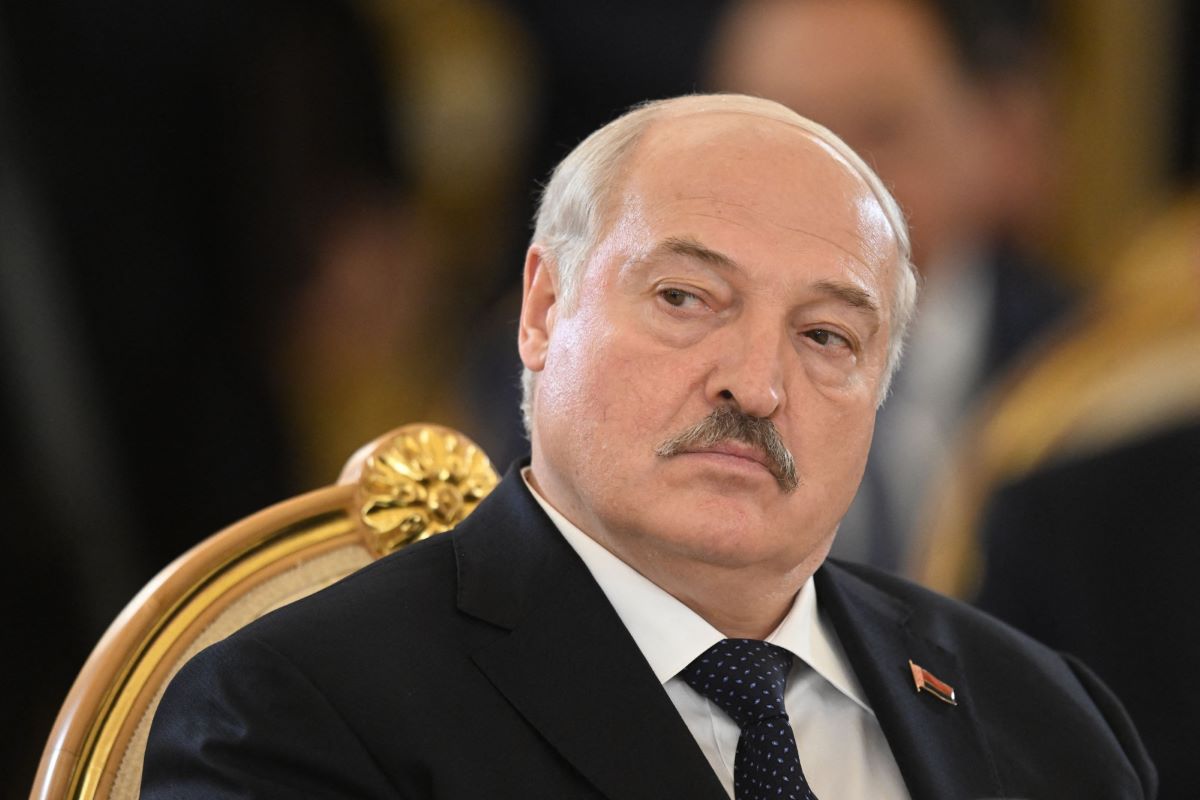The authoritarian leader of Belarus, Alexander Lukashenko, has pardoned a German citizen who was previously sentenced to death. Rico Krieger, arrested in October, faced accusations of being a mercenary and planting explosives. The death sentence against him was only widely reported last week.
Lukashenko’s intervention today means that Krieger’s death sentence has been commuted to life imprisonment, and he will not face execution.
The unusual nature of the case, the sudden media focus, and the equally sudden pardon have led to speculation that Belarus might be preparing for a high-profile prisoner exchange involving Germany and Russia, a close ally of Belarus.
The development follows a recent broadcast on Belarusian state television, where Krieger appeared in a film, visibly distressed and pleading for assistance.
The 16-minute video, released on Friday, included dramatized scenes with guards in balaclavas and truncheons, seemingly an attempt to pressure German authorities.
Both the Foreign Ministries of Berlin and Minsk have confirmed that they are in discussions, with a Belarusian spokesman noting that various “proposals” have been made.
Krieger is the first Westerner ever sentenced to death in Belarus. In a televised confession, which appeared to be under duress, Krieger admitted to planting explosives near a train line, allegedly on orders from Ukrainian intelligence, the SBU.
He claimed he had intended to join an international legion in Ukraine but was directed to complete a mission in Belarus first.
The film did not provide direct evidence for these claims and contained several oddities and inconsistencies. It concluded with Krieger’s emotional plea for help from the German government.

Following the pardon, Belarusian state media have praised Lukashenko’s “merciful” decision while criticizing the German response, accusing them of abandoning their own.
A prominent reporter was filmed echoing the official stance, acknowledging the severity of the crime but praising Lukashenko for his wisdom and fairness.
This pardon may be part of Lukashenko’s broader strategy to re-engage with the West.
After facing international condemnation and sanctions for his security forces’ brutal crackdown on opposition protests in 2020, Lukashenko further isolated himself by allowing Russia to use Belarusian territory for its invasion of Ukraine. He had owed support to Vladimir Putin during the protests.
Recent developments, such as Lukashenko’s release of a few political prisoners earlier this month, suggest he might be attempting to rebuild relations with Europe. Reports indicate a recent tense meeting with Putin in Russia.
There is speculation that Krieger’s release could be linked to a complex international prisoner exchange, possibly involving Vadim Krasikov, a Russian FSB assassin imprisoned in Germany who Putin reportedly wants returned.
Krasikov’s situation has been connected to that of American reporter Evan Gershkovich, who was arrested in Russia and convicted of espionage. Gershkovich’s employer, the Wall Street Journal, and his supporters insist he is a political hostage.
For now, the only certainty is that Krieger, who was facing execution by firing squad, has been spared. What Lukashenko seeks in return remains unclear.


